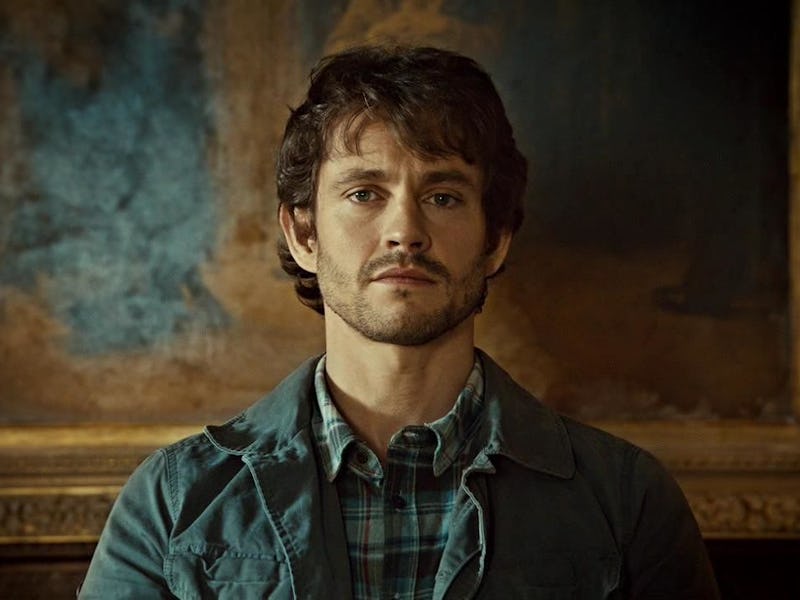Can Will Graham Best Hannibal for a Third Time?
'Hannibal' is putting a new spin on 'Red Dragon,' but it might make you miss Michael Mann.

On Thursday night, NBC’s Hannibal suddenly morphed into a literalist adaptation of author Thomas Harris’ Lecter canon. Though the first half of this season drew liberally from elements of the Italy-centric novel “Hannibal,” Bryan Fuller’s show had previously been content to cast Harris’ characters in a baroque passion play. The show’s action took place in the years of Lecter’s early adulthood, prior to his imprisonment and therefore in the time between Harris’ Hannibal Rising and Red Dragon novels.
Now that the show has emerged elk-like from the forest and found a well trod path, viewers have the opportunity to contrast it to the films and books featuring these characters. That contrast is stark and it has everything to do with what drives Will Graham.
Red Dragon was Harris’s first hit. Four years after its publication in 1981, the book was adapted by Michael Mann, who was, pre-Heat, best known for his work on Miami Vice, in Manhunter. It would be made again in 2003 with its original name and considerably less inspired results, but the story remained sturdy. It still does.
Richard Armitage as Francis Dolarhyde
In NBC’s Hannibal, we’ve arrived at the point, narratively, where the Red Dragon story begins. Hannibal is locked up, and Will is out of the serial-killer-profiling and Hannibal-tracking game. But nothing is that simple, so we must meet Francis Dolarhyde, the Red Dragon killer — also known, to his dismay, as the “Tooth Fairy.”
In tone, the show now feels similar to Mann’s hyper-stylized Manhunter. But Fuller is fanciful: The scenes of Dolarhyde take place largely within his own delusions, and Will has morphed into a walking Land’s End catalogue. The scenes are more familiar, especially the ones featuring Jack Crawford visiting Will Graham to ask for his assistance on the “Tooth Fairy” case. It’s like a refrain. The audience know how it goes.
The reason to dwell on that moment is precisely because it seems so rote. That scene was Will’s introduction to the world in Red Dragon. On the TV show, Fuller takes Graham’s character in a far more drastically misanthropic, on-the-spectrum direction, to the point that he is nearly playing Anakin Skywalker to Lecter’s Palpatine. So the image of Will Graham settled into family life feels more awkward and precarious here than with Edward Norton in Dragon and William Petersen in Manhunter.
Petersen remains the most enjoyable and comprehensible Will Graham yet committed to screen; he seems at once appropriately tormented and also capable of love and empathy. Also, he’s over-the-top in a fun way. He’s neither as trembly and exhaustingly dramatic as Dancy, nor as completely devoid of personality or motivation as Norton, who, with Red Dragon, turned in one of his worst roles.
If Petersen’s Graham is a unique character and Norton’s is a cashed check, Dancy’s is a diagnosis.
But though Manhunter did Graham well, Mann’s style is almost too specific and languid for scares to work. Hannibal manages to be stylized and frightening at once. Hopes should be running high, at this point, that Fuller and company can best Petersen, who (somewhat ironically) became a famous TV cop. Even if the modern Graham is capable of surviving the murderous psychologist, he’ll have to escape the clutches of the show’s psychology consultant.